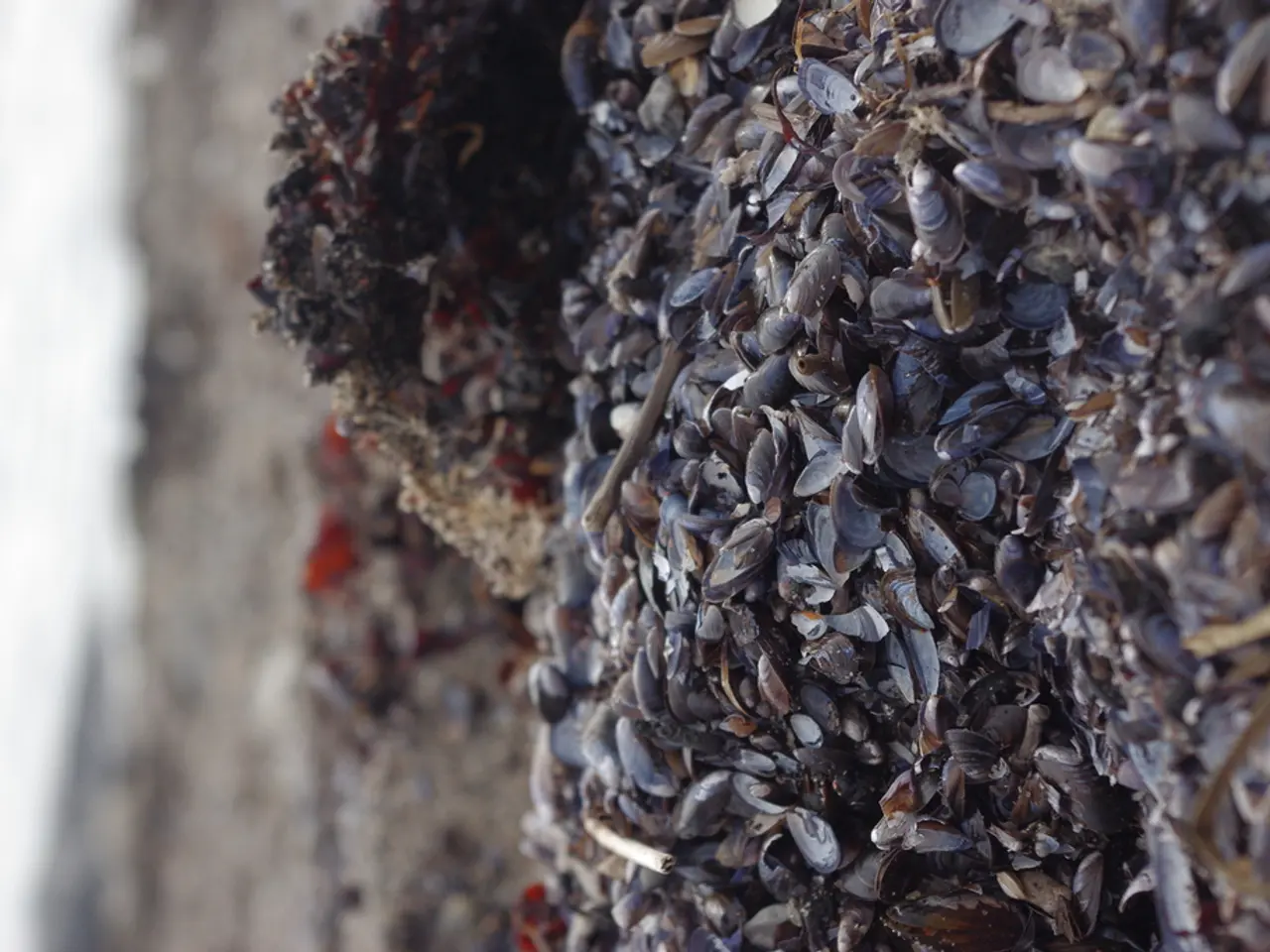Cancer treatment with oyster mushrooms: Information on research, applications, and more
In the realm of cancer treatments, oyster mushrooms (Pleurotus ostreatus) have gained attention due to their potential anticancer properties. While the evidence is still emerging, studies suggest that these mushrooms could offer a promising complementary therapy.
Anecdotally, some individuals have reported gastrointestinal issues like diarrhea or vomiting when consuming oyster mushrooms. However, it's important to note that there is no evidence that adding mushrooms to a person's diet, including to fight cancer, is harmful.
Many different treatments exist for cancer, ranging from chemotherapy and radiation to immunotherapy, targeted cancer treatments, hormonal therapies, and treatments to manage cancer symptoms. The right treatment for cancer depends on the type of cancer, overall health, and treatment goals. It's crucial that individuals consult with their healthcare providers before making any significant changes to their diet or treatment plan.
Recent scientific research has highlighted several bioactive compounds in oyster mushrooms that may offer anticancer benefits. These include β-glucans, ergosterol, and terpenoids. The β-glucans can stimulate immune cells (T and B cells), providing an anti-inflammatory, immunomodulatory effect that can inhibit cancer growth.
Secondary metabolites and phytochemicals, such as ergothioneine and ergosterol, have antioxidant and anticancer properties. They scavenge reactive oxygen species and boost antioxidant enzyme activity, protecting DNA and cells from oxidative damage that can promote cancer.
Terpenoids extracted from edible mushrooms, including oyster mushrooms, have shown potential to inhibit cancer cell growth in various research models, indicating possible therapeutic effects against cancer.
Despite these promising findings, it's important to note that there is a lack of robust clinical trials directly demonstrating anticancer efficacy in humans. Most data come from controlled cell culture and animal models that show anticancer mechanisms but do not establish clinical benefit or dosage standards in humans.
In summary, Pleurotus ostreatus contains compounds with demonstrated anticancer activity in laboratory studies and animal experiments. These findings support its potential as a complementary therapeutic agent. However, conclusive scientific evidence from human clinical research remains insufficient at this time to definitively confirm anticancer effects in humans. Further well-designed clinical trials are required to translate these findings into clinical applications.
While oyster mushrooms may offer potential benefits in managing certain health conditions, such as autoimmune diseases, lowering risk of certain types of cancer, and aiding in weight control and appetite reduction, it's essential to approach their use with caution and always consult with a healthcare provider.
- In addition to their potential anticancer properties, oyster mushrooms are also studied for their role in promoting workplace-wellness, offering benefits like stress reduction and boosting immunity.
- For individuals with medical conditions like breast cancer, incorporating herbal supplements such as oyster mushrooms (Pleurotus ostreatus) into their health-and-wellness routine could be considered alongside fitness-and-exercise, skin-care, nutrition, and weight-management strategies.
- In the realm of skin care and therapies-and-treatments, some studies suggest that oyster mushroom extracts can exhibit anti-aging effects, help manage acne, and provide wound-healing properties due to their antioxidant compounds.
- Despite anecdotal reports of gastrointestinal issues, the consumption of oyster mushrooms is generally safe for most people, but anyone concerned about interactions with medications or existing medical conditions should consult with their healthcare providers.
- As our understanding of the anticancer effects of oyster mushrooms grows, the potential applications for cancer treatments beyond chemotherapy, radiation, and immunotherapy may expand, offering hope for improved health-and-wellness outcomes for cancer patients.
- With more clinical trials focused on oyster mushrooms' anticancer efficacy in humans, there is a possibility that evidence-based recommendations for incorporating these herbal supplements into cancer treatments will emerge in the future, further improving health-and-wellness outcomes for those battling cancer.




